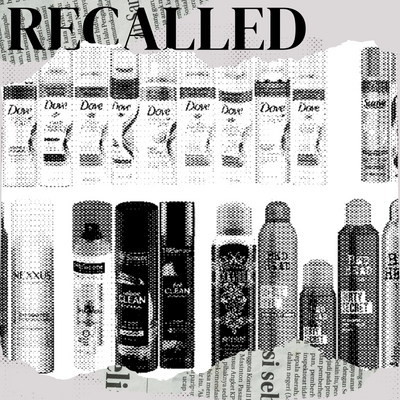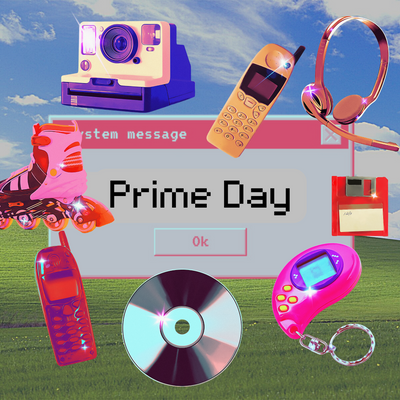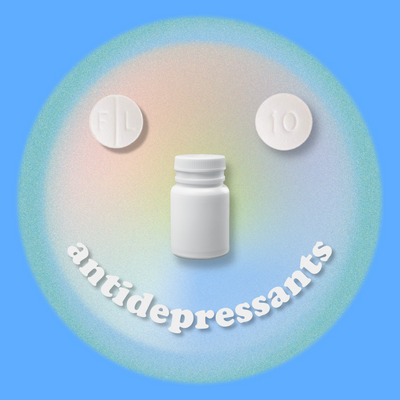I thought contracting COVID-19 would feel different.
At the time, it should have. It was six weeks since I’d last seen my cross-coastal boyfriend, and six days before the entirety of New York City would be shut down when he called from California, nervous.
SEE ALSO: Let’s talk about sex (in self-isolation)
“This is serious,” he said. “New York’s looking really bad. Should I still come?”
Despite my determination to be in perfect health for his arrival – sleeping, exercising, chugging excessive amounts of water – I was nagged by a sore throat during our conversation. My hypochondriacal instincts were in full flight mode, but selfishness won out and I convinced him to catch his red eye regardless of the risk. I was manifesting via “immune health”-guided meditations, and dropping into downward dog whenever possible.
A headache hit when he arrived. During a sightseeing expedition the next day, my fatigue reached a point where just walking around Brooklyn was unbearable. Later, we sat in Prospect Park amid throngs of others enjoying an uncharacteristically warm spring afternoon in New York, eating pizza.
I couldn’t taste it.
A week after I lost taste and smell, it was added to the official list of symptoms. In that window, my boyfriend had developed a 36-hour flu: fever, body aches, you name it. When I didn’t get “sick” after his recovery, we figured it couldn’t have been coronavirus, and together, decided to leave New York for Los angeles. Two months later, the pair of us underwent a $10 dollar blood test for antibodies at a local Labcorp, sitting in strategically social-distanced chairs among other masked hopefuls. After two days, we received results, proceeding to open the official email with the same trepidation we might have viewing our end-of-year grades in school.
The wait was over: we tested positive.
Of course, this immediately raised a whole new host of questions. While the California mask mandate persists, should public protection be necessary for those who are no longer contagious (particularly in open spaces)? Are we only immune to one strain of COVID-19, and thus still might succumb to a mutated virus out in the world? Most importantly, can we now see friends without compromising their – or our own – health?
At this stage, answers are few and far between, but projections look good for those whose bodies have recovered in the wake of the virus. This week, a study in South Korea revealed that the appearance of “reinfection” is merely due to the fact that diagnostic tests are so effective that they pick up on any leftover virus particles in the body. In short: even if you test positive for COVID-19 after recovering from COVID-19, you likely aren’t currently infected or contagious. Worth noting, all of those tested also tested positive for antibodies.
“We can largely stop worrying about reinfection and address the next big questions,” Angela Rasmussen, a virologist at Columbia University told ScienceNews. “How protective are immune responses in recovered patients, and how long does immunity last?”
The concept of eventual adaptation to the virus has become the beacon of hope in this time of uncertainty. But as much as we cling to the light at the end of the tunnel, it’s important to remind ourselves that everything anyone knows about anything is womb-fresh information. When I was infected with COVID-19, there were no respiratory issues involved, no fever. The doctor I contacted to inquire about my taste and smell offered “allergy season” as an explanation, advising nasal spray. Things are changing week to week, and as much it might pain us to admit it, any new revelation could make that tunnel just a little bit longer.
Still, when it comes to anxiety-reduction, proof of antibodies is a godsend. To anyone whose relationship with the virus remains unclear, or forced into contact with those with compromised immune systems, I’d recommend seeking out a test near you. Who knows, you just might surprise yourself.






